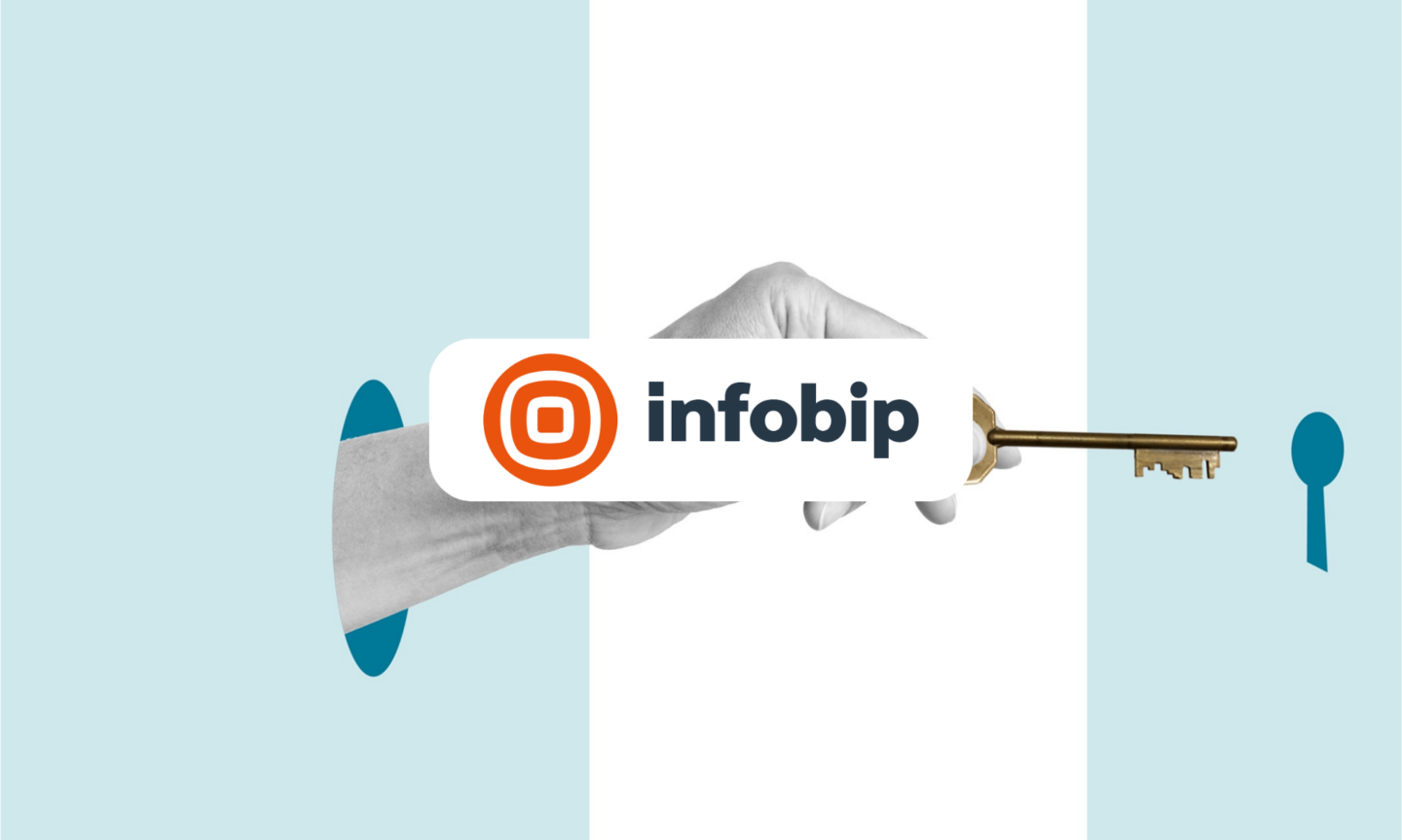Many Americans are growing worried about the security of their information while online shopping, as revealed by Infobip. However, although 64% of respondents express concerns about the security of their information, 55% admit to taking no action when faced with a data leak.
“These findings underscore the pressing need for businesses to prioritize consumer education and implement robust cybersecurity measures, especially during the holiday season. Infobip is committed to providing comprehensive solutions that empower businesses to navigate the evolving digital landscape securely and protect the consumers who put their trust in them during the holidays and beyond," said Infobip Chief Business Officer Ivan Ostojić.
The survey delves into the landscape of online consumer behavior, revealing that a resounding 94% of Americans actively consider the importance of their personal data while engaging in festive e-commerce. Identity theft (46%) and data leaks (32%) emerge as top security concerns, yet 47% are not proactively implementing measures to protect their personal data.
During the holiday season and peak shopping days like Black Friday and Cyber Monday, consumers should prioritize data security due to the significant surge in online activities.

Digital vulnerability
Digital vulnerabilities come to the forefront as more than half (55%) of Americans find it challenging to keep their data safe online. A majority (74%) believe it's increasingly difficult to safeguard their data in the digital realm, highlighting the evolving nature of cybersecurity challenges. The survey suggests a deepening distrust in digital spaces, with 63% perceiving the online environment as less safe due to the growing sophistication of scammers.
Moreover, user error plays a significant role, with 40% admitting to using free public Wi-Fi without proper safeguards and 29% confessing to opening email attachments from unknown senders. Moreover, 55% acknowledge using the same password across multiple platforms, elevating their exposure to cybersecurity risks. While 60% employ Multi-Factor Authentication (MFA), 25% admit to not fully understanding MFA, emphasizing the need for enhanced user education on cybersecurity measures.
When it comes to trust and retail, the survey uncovers that 35% consider voice as the safest method for personal data sharing, closely followed by email (33%). Notably, 85% prefer speaking to a human for customer service, highlighting the enduring value of personalized interactions. Despite this, only 23% feel uncomfortable providing payment information for online retail, with trust heavily influenced by website familiarity—63% feel safest when purchasing from well-known retailer websites.
In other news, Infobip has partnered with Community to introduce an enhanced worldwide mobile messaging solution.









